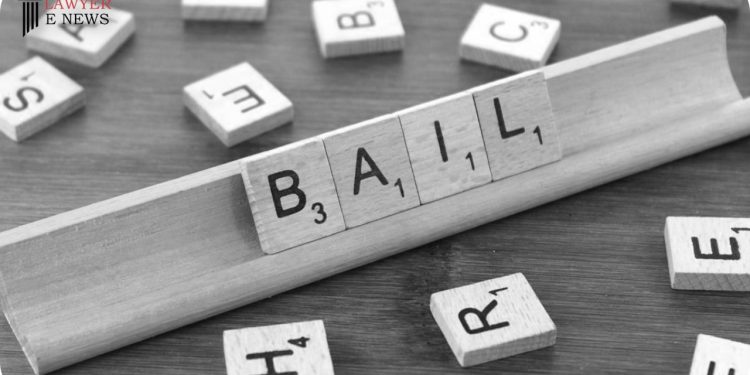-
by Admin
15 February 2026 5:35 AM



In a significant ruling, the Delhi High Court has granted bail to Abdul Qaider, who was accused under the Narcotic Drugs and Psychotropic Substances (NDPS) Act for trafficking a commercial quantity of Tramadol tablets. Justice Vikas Mahajan presided over the case, highlighting substantial doubts about the direct involvement of the petitioner in the narcotics trafficking network.
The application for bail was considered under Section 439 of the Criminal Procedure Code, in conjunction with various sections of the NDPS Act, namely Sections 8(c), 22(c), and 29, which pertain to the possession, sale, and conspiracy to traffic narcotic drugs.
The case originated from an FIR lodged against Qaider for allegedly being involved in the trafficking of 49,800 Tramadol tablets. The arrest was predicated on a tip-off received by the Narcotic Control Bureau (NCB), leading to the seizure of the narcotics at a courier facility in New Delhi. However, discrepancies in the prosecution's evidence and procedural lapses during the investigation phase, such as the inappropriate conduct of the identification parade and inconsistencies in witness testimonies, brought the petitioner's direct involvement into question.
Evidence Linking the Petitioner: The court noted the absence of clear evidence directly associating Qaider with the contraband. The purported recovery of drugs was contested based on inconsistencies and procedural errors highlighted during the investigation.
Identification Parade Flaws: Justice Mahajan criticized the manner in which the identification parade was conducted, noting it did not meet legal standards and could prejudice the fairness towards the accused.
Grant of Bail to Co-Accused: The decision to grant bail was also influenced by the fact that a co-accused had previously been granted bail under similar charges, which supported the petitioner's request for parity.
The court concluded that there were reasonable grounds to believe that Qaider was not guilty of the charges against him. As a result, he was granted bail subject to several conditions, including a personal bond of Rs. 50,000, restricted travel, and regular attendance marking.
Date of Decision: April 23, 2024.
"Abdul Qaider v. Narcotic Control Bureau,
